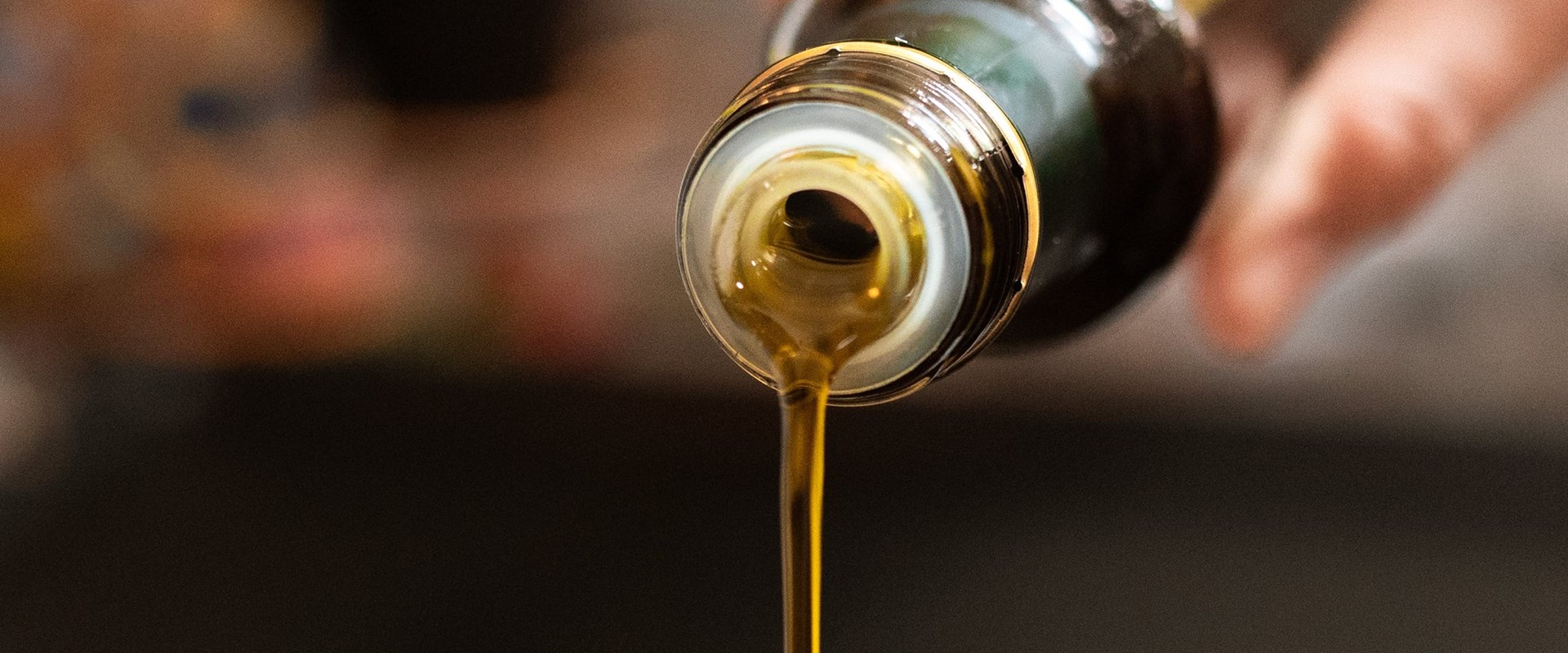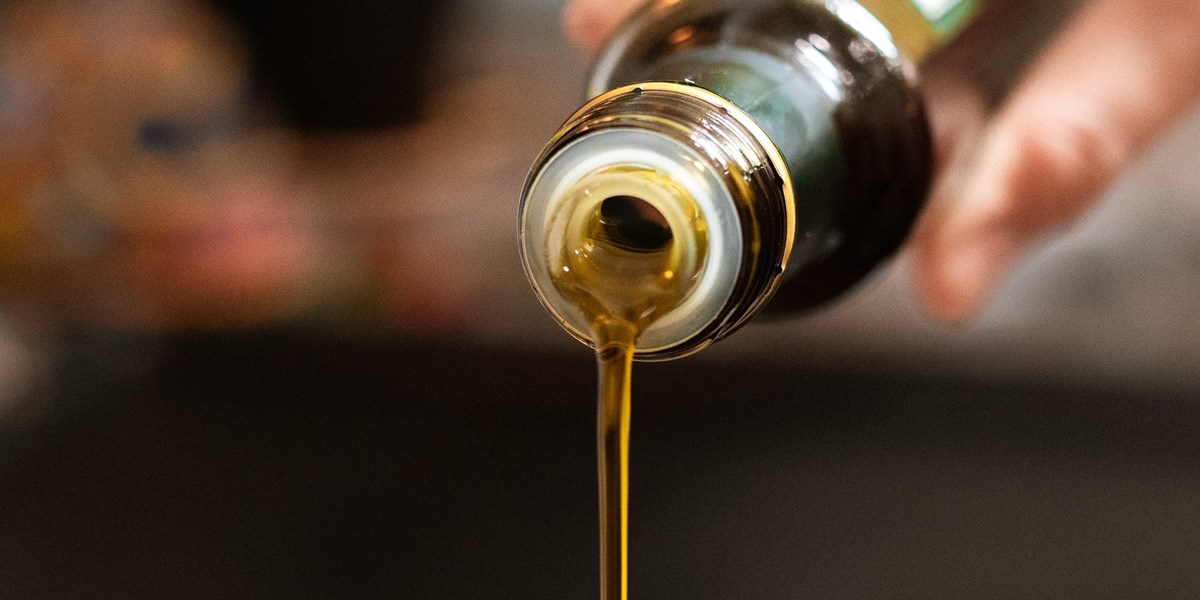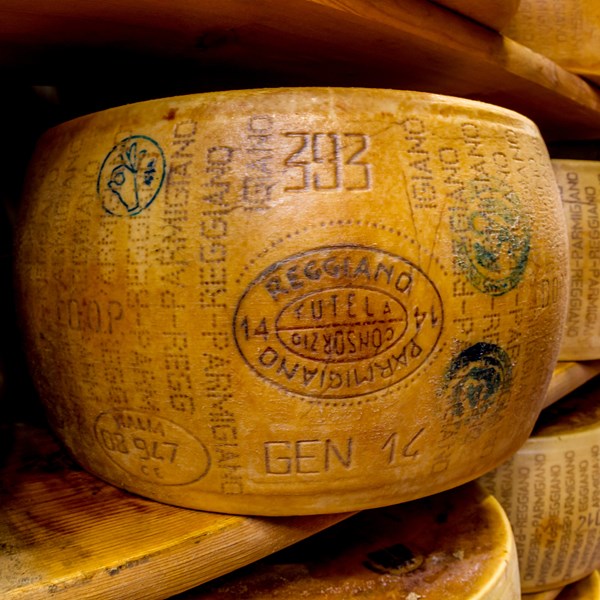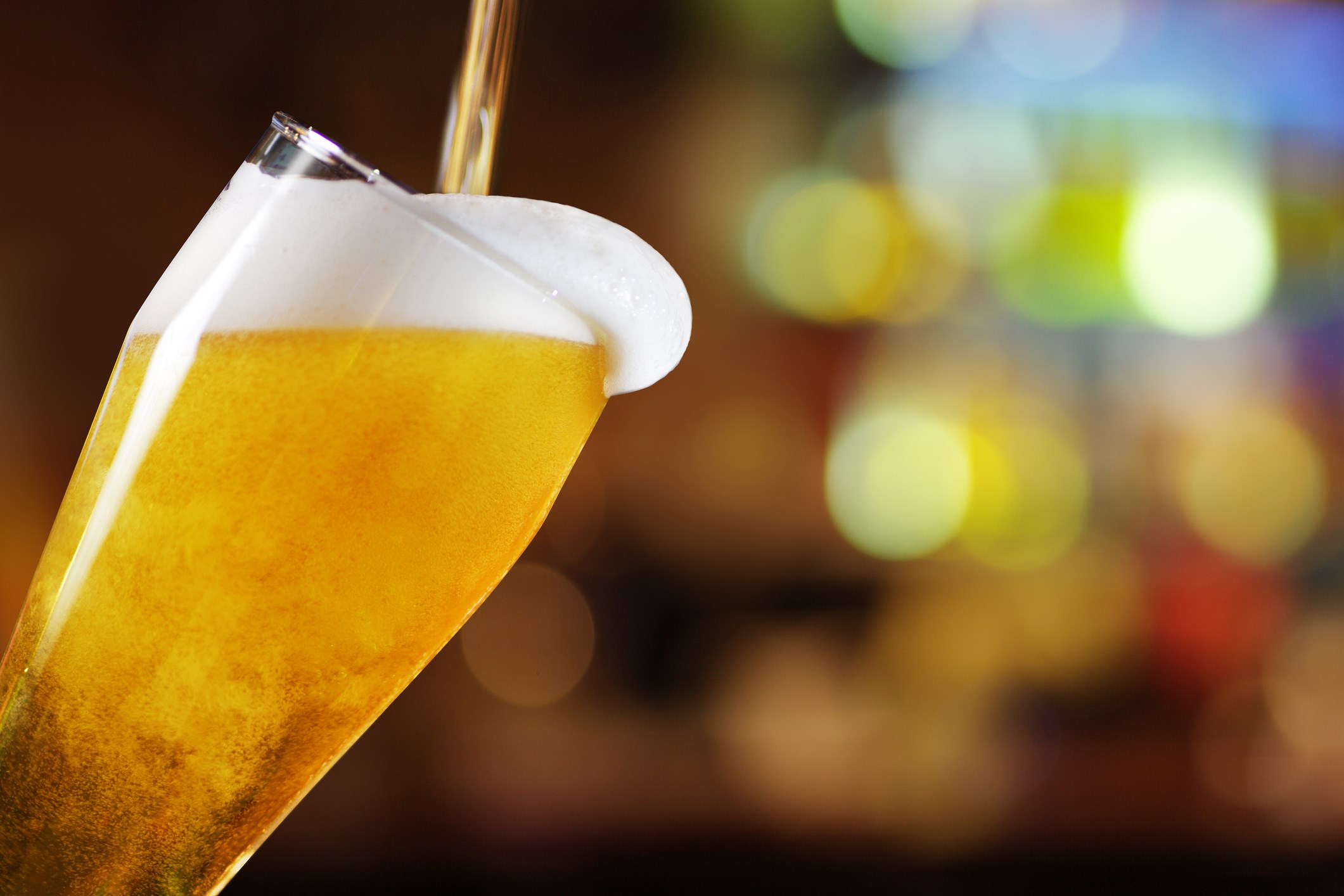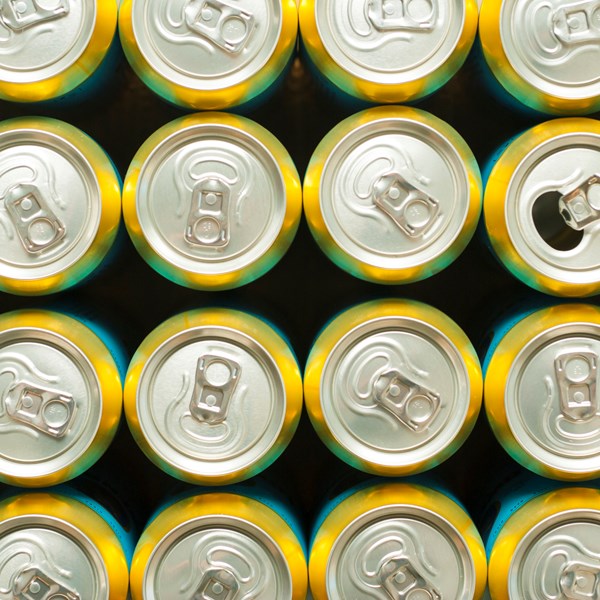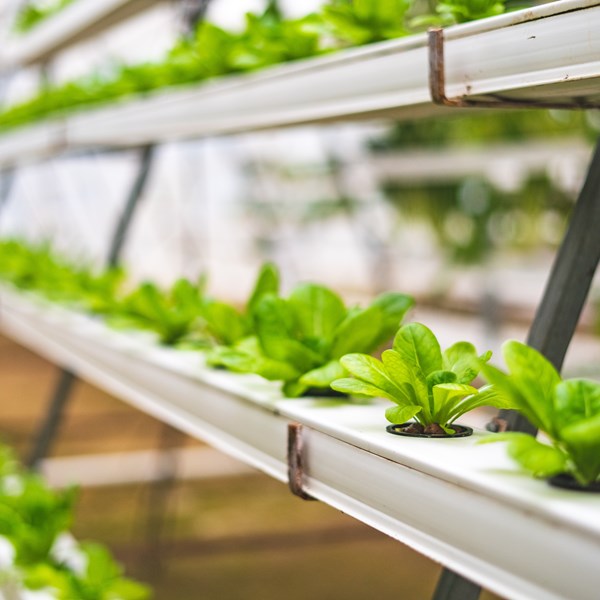Law enforcement agencies in Spain and Italy apprehended 11 individuals and confiscated over 5,000 litres of poor-quality olive oil. The raid has dismantled an international syndicate that purportedly aimed to gain from selling lower-cost oils as higher-value counterparts. It also raises huge intellectual property (IP) concerns as the threat of counterfeit food products continues to grow.
Meanwhile, officials in Brazil have confiscated approximately 9,000 bottles of counterfeit olive oil valued at 300,000 Brazilian reals (€56,000). Investigators from the ministry grew suspicious initially upon discovering Spanish-branded bottles packaged inside boxes bearing Portuguese labels.
The confiscation occurred a fortnight following the ministry agents' seizure of over 16,000 litres of olive oil in São Paulo. Subsequent testing by authorities revealed that more than 6,000 bottles contained oil they deemed to be unsuitable for human consumption leading to them ordering its destruction. It is a case that reinforces the theme of our previous article revealing just how harmful counterfeit products can be to consumers’ health.
While branded goods are probably what we’d expect to be impacted by counterfeiters, Europol has made a statement explaining why oil has become the latest target for criminals:
“A mix of various factors, such as the general inflation of prices, reduced olive oil production and increasing demand, have created the perfect breeding ground for fraudulent producer”.
FOOD AND DRINK COUNTERFEITING: AN ESCALATING OBSTACLE FOR BRANDS
The proliferation of counterfeit sales across digital platforms - particularly now so many are propelled by AI-driven counterfeit shops utilising intricate social media advertisements - poses significant challenges. Addressing this multifaceted issue will require equally multifaceted legal solutions if we are to impose any meaningful action to halt the rise of food and drink counterfeiting.
Counterfeit foods pose a significant threat that businesses must be acutely aware of in today's global marketplace.
Protecting IP rights is crucial in combating this issue. Companies invest considerable time, effort, and resources in developing unique recipes, manufacturing processes, and branding strategies. However, a failure to safeguard these innovations will have a critical impact on the brand owners’ financial performance and reputation. Businesses must secure patents, trade marks, and copyrights for their products to prevent unauthorized replication. Vigilant monitoring of both their physical and digital markets will help them identify and tackle counterfeit products much more quickly.
Moreover, maintaining control over the distribution channels is vital. It involves thorough oversight of the supply chain and partnerships with trusted distributors. By being directly involved in the production, shipping, and distribution processes, companies can better track where their products are headed and who they're reaching. Implementing robust traceability measures ensures accountability and minimizes the risk of unauthorized distribution or counterfeiting along the way.
If you’d like to find out more about these olive oil counterfeiting raids and the resultant IP concerns, these reference sources may be helpful:
